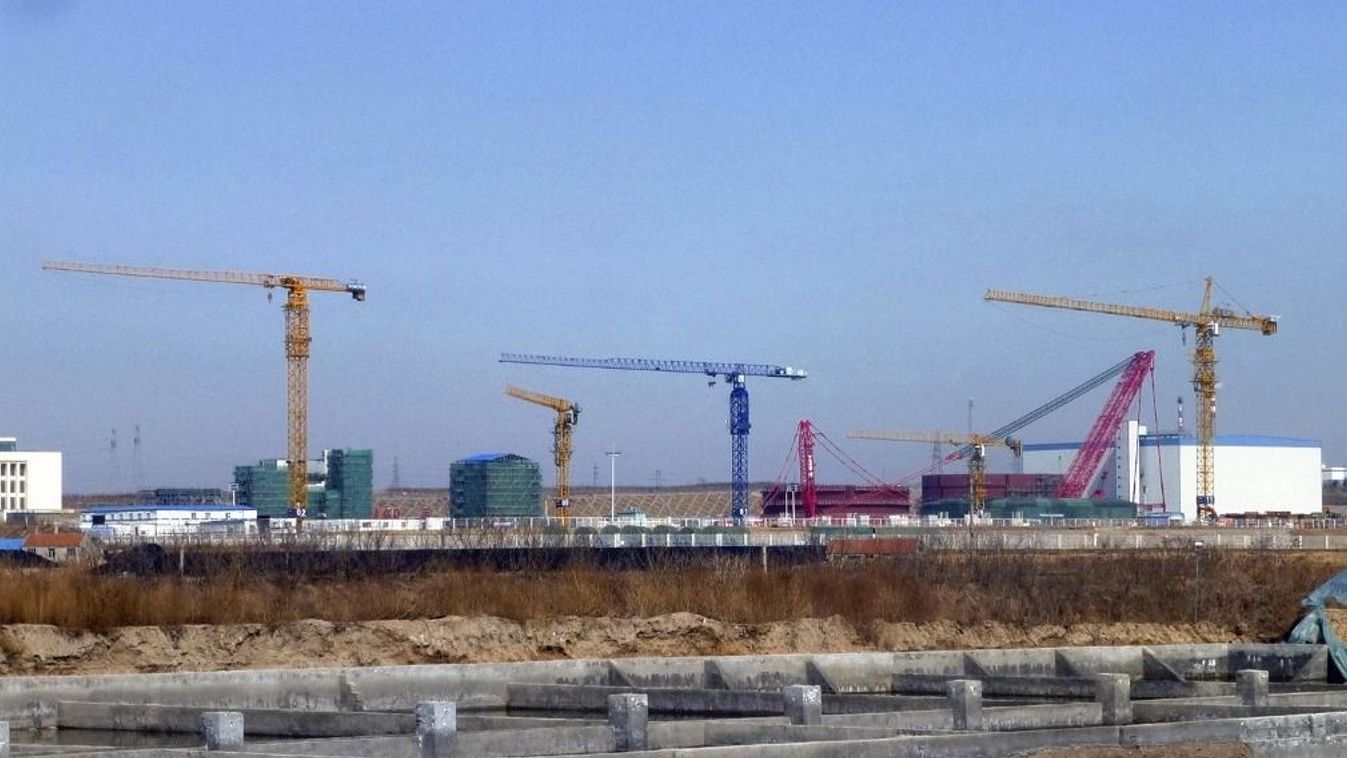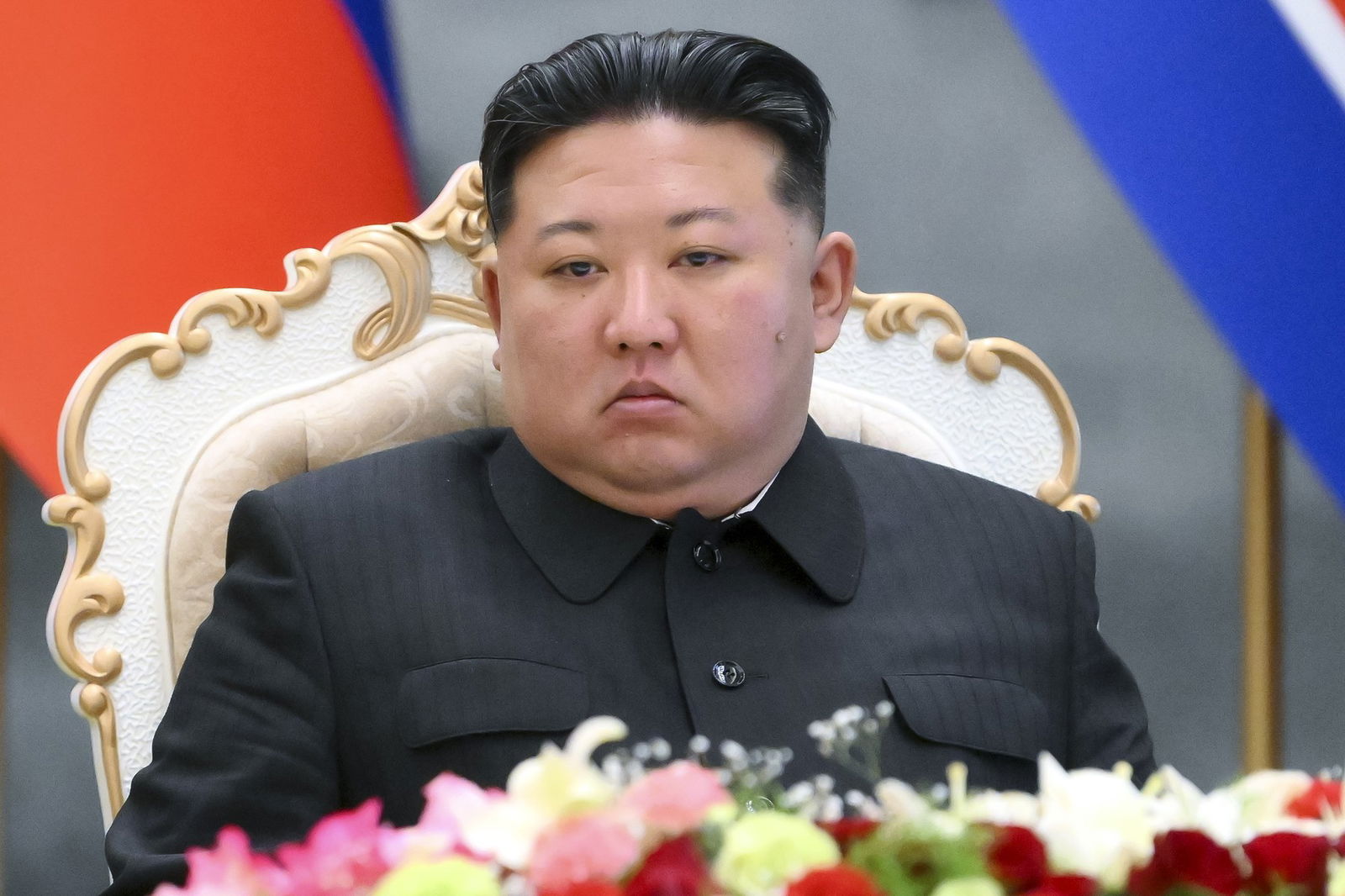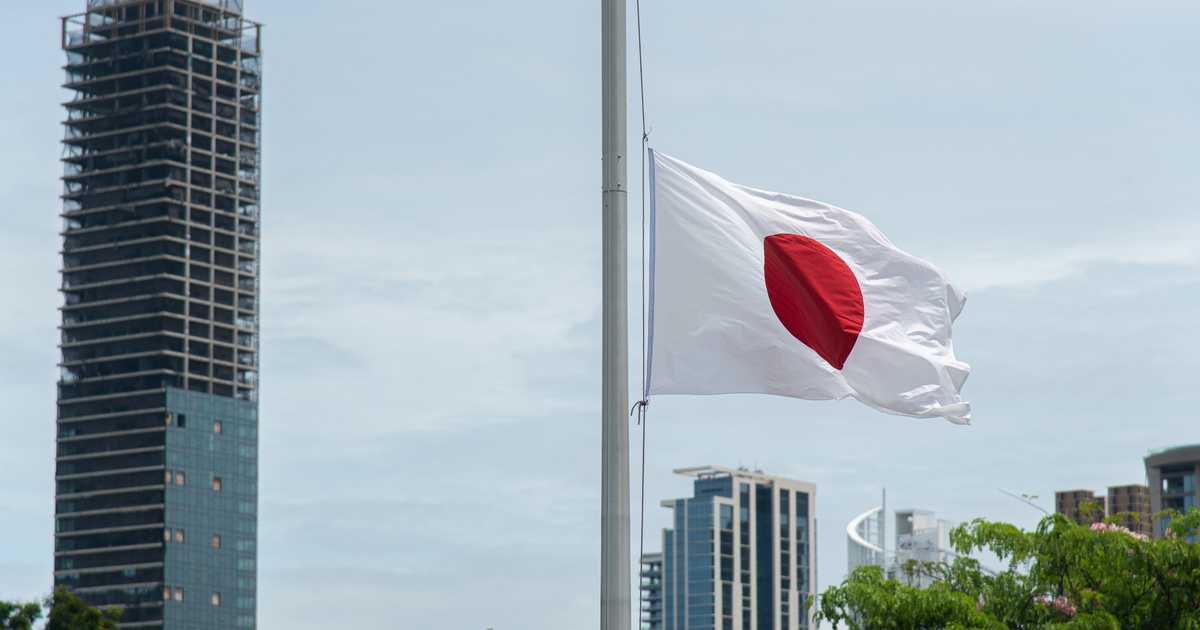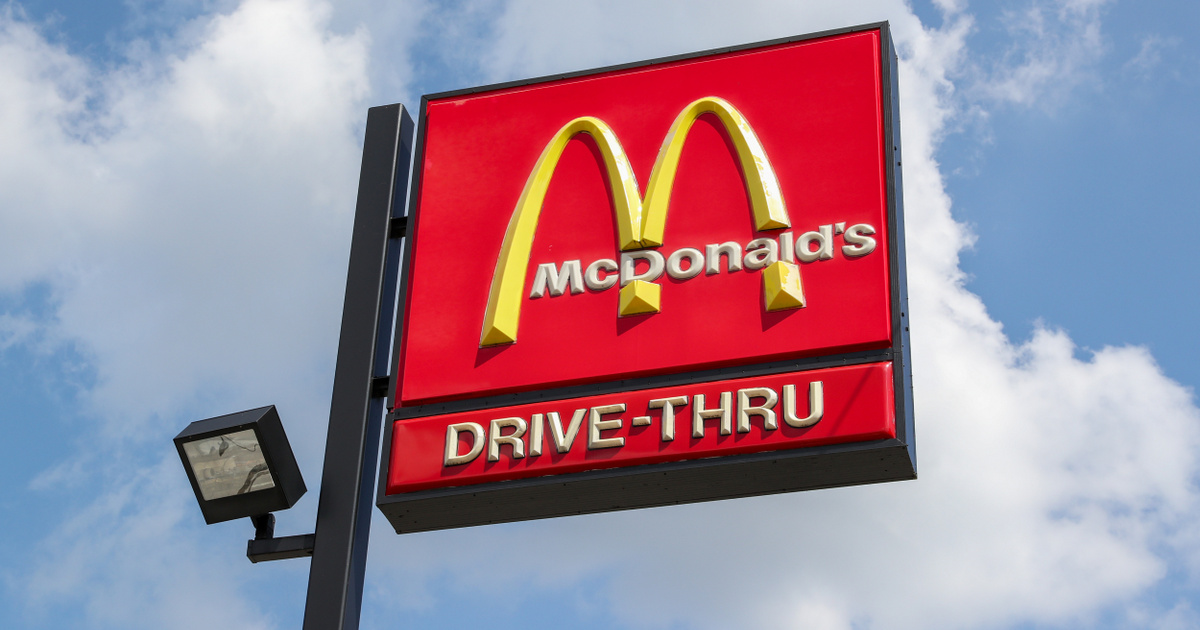Profits of Chinese industrial companies rose 29.5% in November from the same period a year earlier, partly due to last year's weak base and partly due to government stimulus measures. Despite expectations of a post-pandemic recovery at the beginning of the year, profits from large companies in the January-November period were still 4.4% lower than last year. Although this is also an improvement compared to the 7.8% decline in the first 10 months. Analysts attribute the recovery to macro policy and a recovery in domestic demand, writes A Bloomberg.
Bruce Pang, chief economist at Jones Lang LaSalle, noted that a rise in Chinese domestic stocks and the yuan helped boost corporate profits. But investors didn't like this either: the CSI 300 initially fell by 0.5%.
The overall economic picture remains mixed: although profit rates are improving, industrial production is also growing rapidly, but consumer prices have fallen by the most in three years, while production costs have also fallen steadily, exacerbating the country's deflationary fears. .
Bloomberg Economics warns that the momentum generated by favorable fundamental effects may end in the first quarter of 2024, and that earnings levels are expected to deteriorate due to weak demand and weak inflation.
Signs of deflation raise concerns about the sustainability of earnings growth, increasing pressure on China's government regulators to issue more stimulus.
Beijing has set itself a 5% growth target for 2024, but achieving this is a challenge due to the higher base. The weakness in external demand is clearly evident with export prices falling to a low not seen since 2009. November's profit growth reflects an improvement in primary industries, but Xing Zhaoping of ANZ Banking Group says the end of the inventory shedding cycle is uncertain and, if it does end, could lead to The economy suffered a sharp setback.
Cover image source: Shutterstock












































